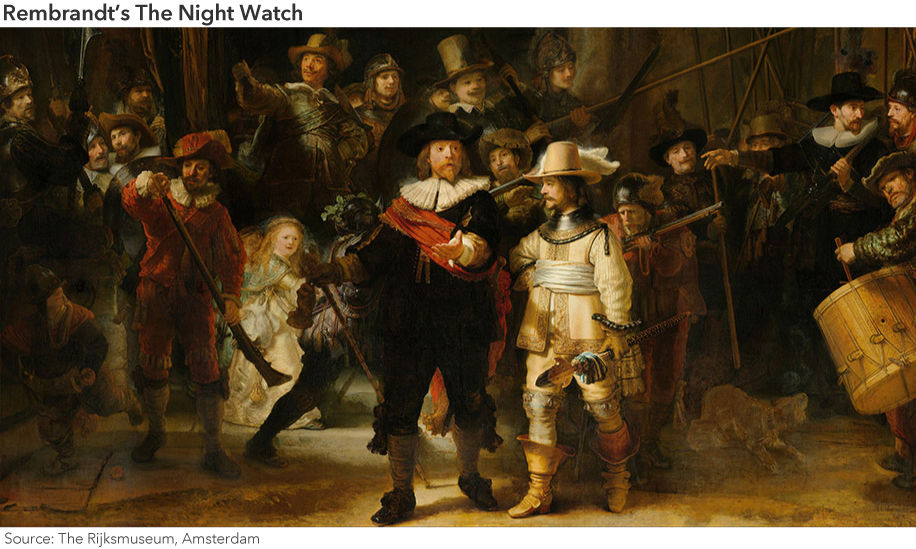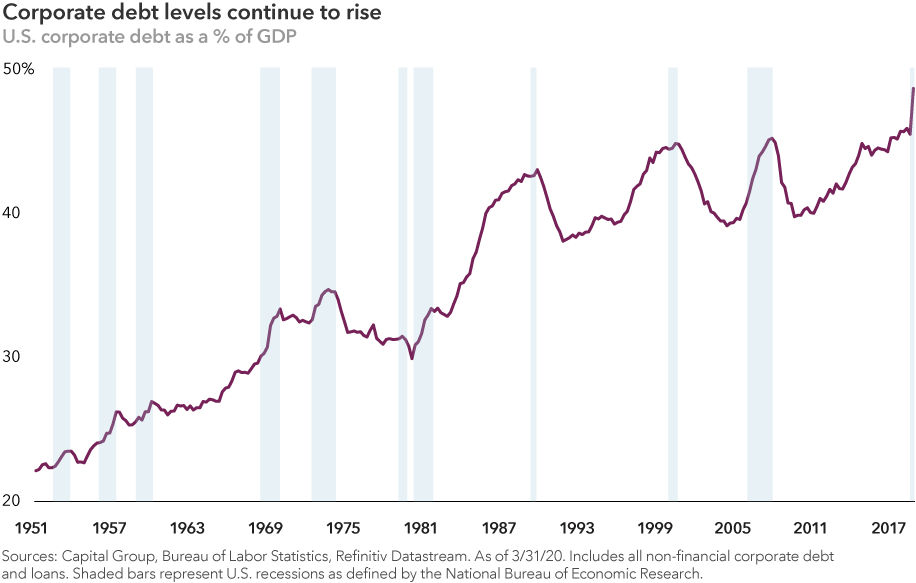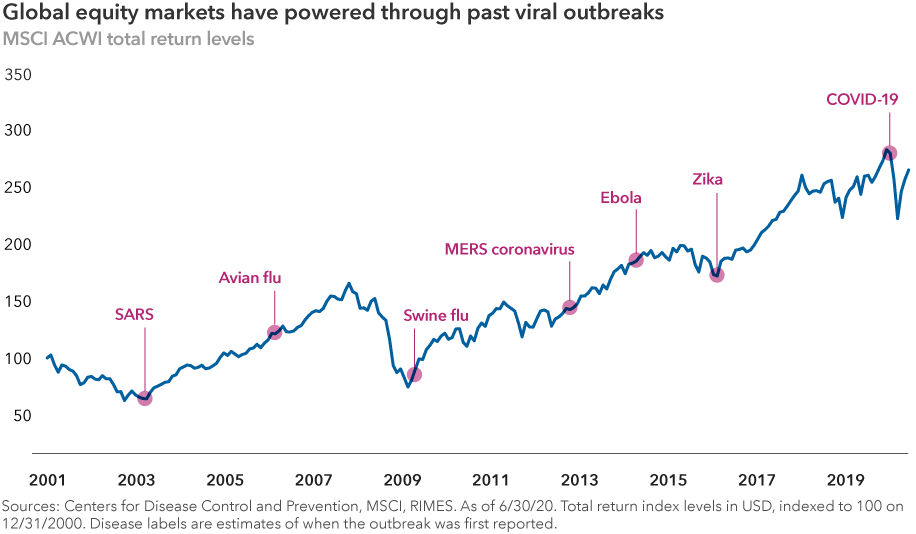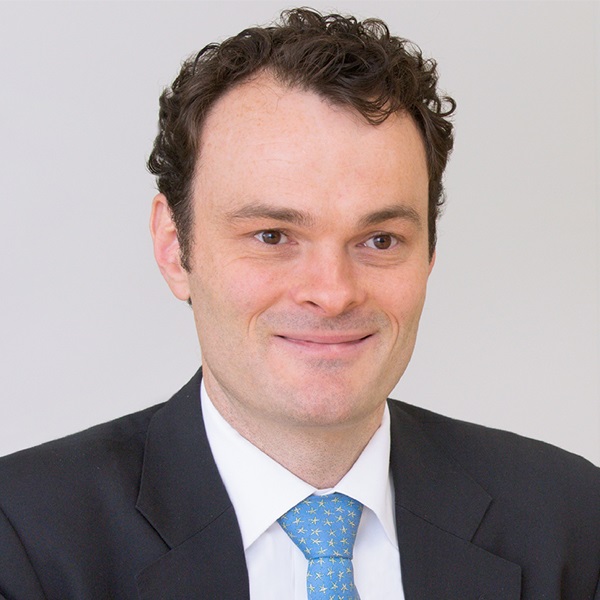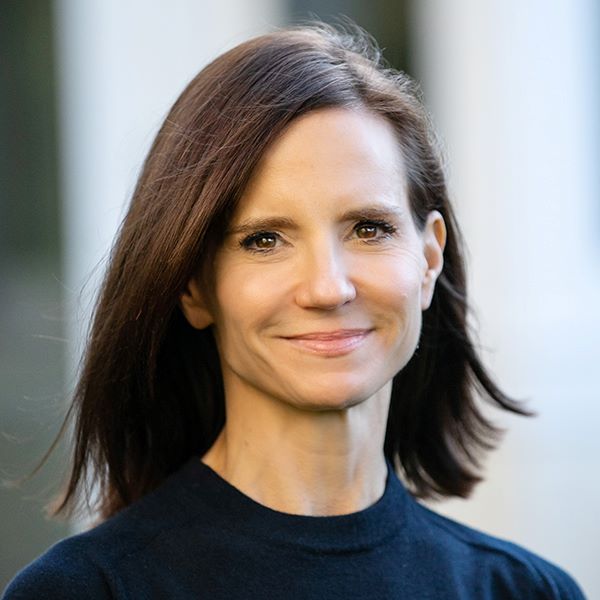On the surface, it seems unlikely that a 17th century Dutch painting would have much relevance in today’s volatile investment environment. But if you take a moment to look at Rembrandt’s masterpiece, “The Night Watch,” you may notice that every person depicted in the painting is looking in a different direction, each bringing a unique view to the gathering.
Flash-forward nearly 400 years and “The Night Watch” is the inspiration for a multidisciplinary research team at Capital Group that seeks to gain a deeper understanding of market disruptions, assessing the risks and evaluating the opportunities that arise during times of extreme crisis. Not surprisingly, the group’s current focus is COVID-19.
“The goal of the Night Watch is to look at highly uncertain events, where the outcome is essentially unknowable, and study them from all angles,” explains Capital Group economist Jared Franz, who covers the U.S. and Latin America. “Like the individuals in the painting, we are looking out in all directions, evaluating possible scenarios and considering potential outcomes.”


